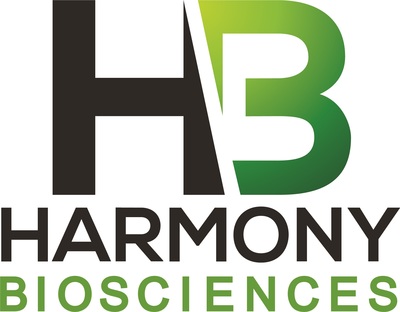HARMONY BIOSCIENCES RECEIVES U.S. FOOD AND DRUG ADMINISTRATION ORPHAN DRUG DESIGNATION FOR PITOLISANT IN PRADER-WILLI SYNDROME
"The decision to grant Orphan Drug designation to pitolisant indicates that it could be a promising treatment option for people living with Prader-Willi syndrome," said Kumar Budur, M.D., M.S., Chief Medical Officer at Harmony Biosciences. "This designation marks an important step forward in our PWS development program and we are eager to continue working with the FDA and the broader community of PWS patients and caregivers to address their high unmet medical needs."
FDA Orphan Drug designation incentivizes the advancement of promising therapies for rare diseases by providing tax credits for clinical development, waivers for user fees, and seven years of market exclusivity following drug approval. Approximately 15,000 – 20,000 people in the
In the upcoming Phase 3 registrational TEMPO study, Harmony will assess the safety and efficacy of pitolisant in treating EDS and behavioral disturbances in PWS. This global study, anticipated to begin in Q1 2024, will be a randomized, double-blind, placebo-controlled trial in patients six years and older with PWS.
Dr. Budur added, "We are excited about our upcoming Phase 3 TEMPO study and the progress we have made to broaden the clinical utility of pitolisant not just in PWS but other rare diseases as part of our life cycle management programs that, if successful, could potentially help over 100,000 patients. On behalf of Harmony, I would like to thank all the patients and family members for participating in our clinical trials, as well as our investigators and site personnel for their commitment to advancing science."
![]() View original content to download multimedia:https://www.prnewswire.com/news-releases/harmony-biosciences-receives-us-food-and-drug-administration-orphan-drug-designation-for-pitolisant-in-prader-willi-syndrome-302065480.html
View original content to download multimedia:https://www.prnewswire.com/news-releases/harmony-biosciences-receives-us-food-and-drug-administration-orphan-drug-designation-for-pitolisant-in-prader-willi-syndrome-302065480.html
SOURCE Harmony Biosciences








